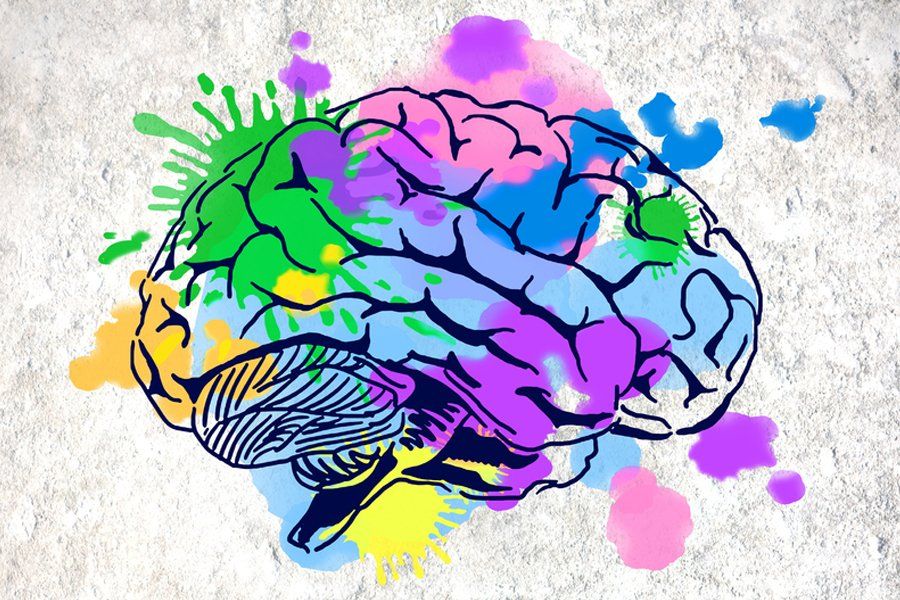The Role of Cognitive Development in Shaping Adolescent Behavior
Cognitive development during adolescence plays a critical role in shaping behavior, as it involves the growth of reasoning abilities, problem-solving skills, and self-reflection. During this period, the brain undergoes significant changes, particularly in the prefrontal cortex, which is responsible for higher-order functions like decision-making, planning, and impulse control. These cognitive advancements influence how adolescents think, interact with others, and navigate their social and emotional worlds.
1. Abstract Thinking and Hypothetical Reasoning
One of the key cognitive developments in adolescence is the ability to engage in abstract thinking. Prior to adolescence, children typically think in concrete terms, focusing on direct, tangible experiences. However, during adolescence, cognitive abilities expand to include the ability to think abstractly about concepts such as justice, morality, and future possibilities. Adolescents can also engage in hypothetical reasoning, where they can consider different possibilities, think about what might happen in the future, and entertain ideas that aren't directly linked to their current reality.
This ability to think beyond the present can influence adolescent behavior in both positive and negative ways. On the positive side, abstract thinking allows adolescents to challenge societal norms, question authority, and develop their own values and beliefs. On the negative side, this same ability can lead to risky behaviors as adolescents may focus on idealistic possibilities without fully considering the consequences.
2. Improved Problem-Solving Skills
Adolescents’ cognitive development enhances their problem-solving abilities, allowing them to think through complex issues and generate multiple solutions. However, although adolescents have the cognitive capacity to analyze and plan, their decision-making processes can still be impulsive due to the ongoing development of the prefrontal cortex. This can lead to behaviors that prioritize immediate gratification over long-term consequences, such as substance use, reckless driving, or peer pressure-related actions.
In this context, adolescents are still developing the skills necessary to weigh risks and rewards effectively. Their executive functions, which are responsible for controlling attention, regulating impulses, and making thoughtful decisions, are still maturing during this stage.
3. Metacognition and Self-Reflection
Adolescence is also a period of growth in metacognition, the ability to think about one’s own thinking. This allows adolescents to engage in self-reflection and self-awareness, leading them to consider their emotions, motivations, and behaviors. They may begin to question their identity, their place in society, and their future, which can result in intense self-exploration. This stage of cognitive development contributes to the formation of a more cohesive sense of self, although it may also lead to periods of confusion or insecurity, as adolescents navigate questions about their social roles and aspirations.
4. Social Cognition and Perspective-Taking
Adolescents also develop the ability to understand others' perspectives better. This social cognition allows them to see beyond their own experiences and understand the thoughts, feelings, and motivations of others. This can strengthen empathy and improve relationships, but it can also lead to greater self-consciousness. Adolescents often become hyper-aware of how they are perceived by peers, which can influence their behavior, sometimes resulting in conformity or a strong desire to fit in.
Conclusion
Cognitive development during adolescence significantly influences behavior by expanding the ability to think abstractly, solve problems, engage in self-reflection, and understand others' perspectives. While these cognitive advancements enable adolescents to navigate complex social and personal issues, they can also lead to impulsive, risk-taking behaviors as the brain continues to mature. Understanding these cognitive changes helps to explain why adolescents often make decisions that may seem irrational or risky, as their cognitive abilities are still developing, particularly in areas related to impulse control and future-oriented thinking.
Subscribe on YouTube - NotesWorld
For PDF copy of Solved Assignment
Any University Assignment Solution


.webp)